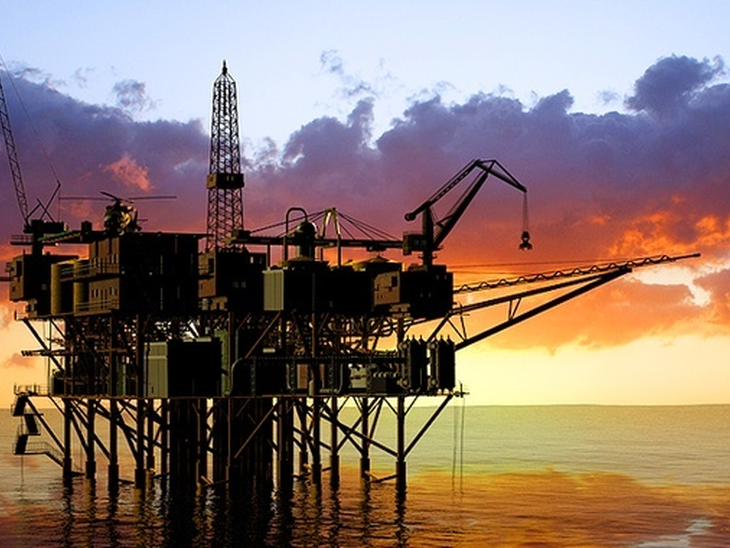
TB Petroleum with agencies

Africa and Brazil are more attractive for oil and gas in the Arctic areas, where companies will need 15-20 years to prospect reserves due to the harsh climate, said the chief executive of Norwegian DNV GL, Henrik Madsen. DNV GL is one of the world's leading certification, inspection, testing and counseling for the maritime industry, oil, gas and renewable energy. It is estimated that the Arctic contains 20 percent of undiscovered sources of hydrocarbons.
The ice melting because of global warming has created opportunities in place for oil and gas companies, but they still face high costs and risks in a time when most companies are cutting spending in the sector.
"Any significant production is 15-20 years ahead, except on the Yamal peninsula, but this is on land," Madsen said in an interview. "I think there is most attractive areas in the world such as Africa, and perhaps Brazil. Too much óleode shale there."
On the Yamal Peninsula, northern Russia, the Russian gas producer Novatek is developing a project for liquefied natural gas (LNG) valued at $ 27 billion with French energy group Total and the China National Petroleum.
In Africa, meanwhile, improved seismic techniques and the opening of more countries to the presence of international companies increased the area about to produce oil.
Uganda, Kenya, Ghana and Niger are among the countries with new oil fields that can produce more than 100,000 barrels per day by the end of the decade, while Mozambique and Tanzania are tied in the race to be the first nation to export gas from the east African Madsen said.
Prospects for oil production in Brazil increased since the discovery in 2007 of the pre-salt, estimated at 35 billion barrels of recoverable oil equivalent, more than double the current Brazilian reserves.
Since the middle of last year, most integrated oil and gas producers announced reductions in their capital investment programs.
"All major oil companies are a little more cautious now with respect to large capital projects in difficult areas, one of them being the Arctic," said Madsen.
"In terms of risk, sure you can work safely and sustainably, but it has to be one step at a time."

Contact us
2